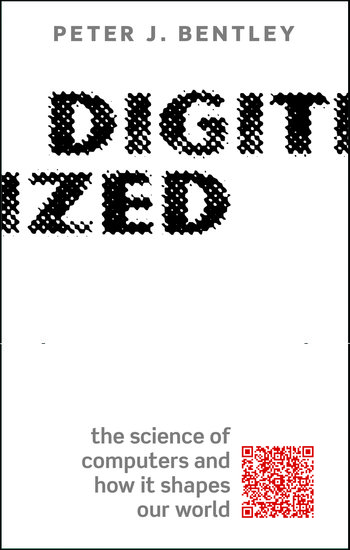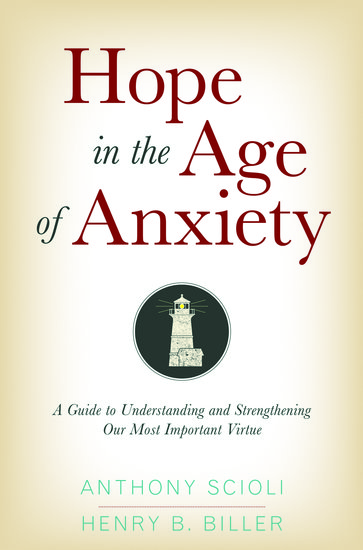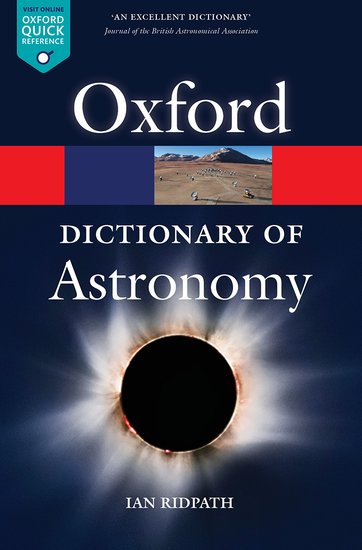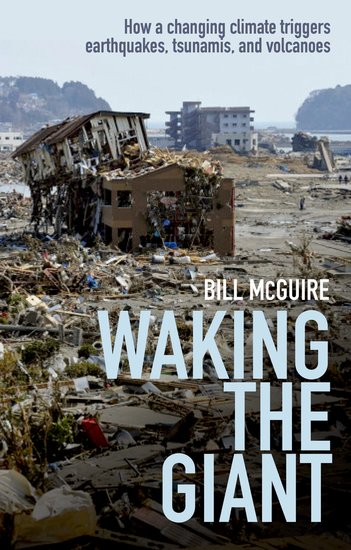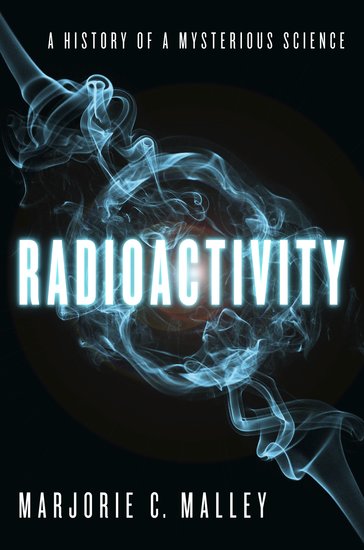It’s World Water Day! What are you doing to help?
Is staggering population growth and intensifying effects of climate change driving the oasis-based society of the American Southwest close to the brink of a Dust-Bowl-scale catastrophe? Today is International World Water Day. Held annually on 22 March, it focuses attention on the importance of freshwater and advocating for the sustainable management of freshwater resources. We sat down with William deBuys, author of A Great Aridness: Climate Change and the Future of the American Southwest, to discuss what lies ahead for Arizona, California, Colorado, Nevada, New Mexico, Oklahoma, Texas and Utah.


